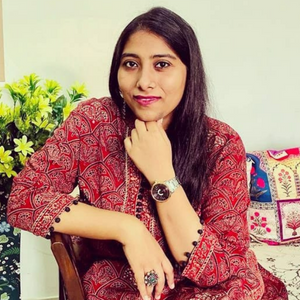No rights for Muslims in live-in relationships if they have a spouse: Court
Story highlights
The court said that constitutional morality and social morality in the issues of marriage institutions need to be balanced
A court in India on Wednesday (May 8) said that Muslims won't be able to claim rights in a live-in relationship if they have a living spouse as such relationships are not allowed under the tenets of Islam.
The Allahabad High Court's Lucknow bench, comprising of justices AR Masoodi and AK Srivastava-I, while hearing a writ petition filed by Mohd Shadab Khan and Sneha Devi, made the observation.
The couple had filed the petition seeking protection from police action after the parents of the woman filed a kidnapping case against Khan and asked that Sneha Devi be sent back to them under security.
The petitioners said that they were in a live-in relationship, however, the woman's parents filed a police complaint in which Khan was accused of kidnapping and inducing the woman to marry him.
Also Read: Hindu marriage rituals integral to their validity, opines Supreme Court: 'Not just song-dance'
The couple also appealed for protection of their lives and liberty and said that they were adults. They added that, according to the top court, the couple were free to live together in a live-in relationship.
"Islamic tenets do not permit live-in relationships during the subsisting marriage. The position may be different if the two persons are unmarried and the parties being major choose to lead their lives in a way of their own," said the bench, while refusing to pass an order on providing protection of life and liberty to the couple.
The bench was also made aware that Khan was married to Farida Khatoon in 2020 and the couple had a baby from the marriage.
Court's observations on the writ petition
In its observations, the court said that constitutional morality and social morality need to be balanced in the matter of marriage institutions and if one fails then social coherence which is needed for peace and tranquillity in the society will fade and disappear.
The court ordered the police to send the petitioner Sneha Devi to her parents under security.
Watch: India: Supreme court set to hear urgent plea on Uttarakhand forest fires today
On the plea of the couple seeking protection under Article 21 (protection of life and personal liberty), the court said, "The constitutional morality may come to the rescue of such a couple and the social morality settled through the customs and usages over ages may give way to the constitutional morality and protection under Article 21 of the Constitution of India may step in to protect the cause."
"The case before us is, however, different. The constitutional protection under Article 21 of the Constitution of India would not lend an un-canalised support to such a right, once the usages and customs prohibit such a relationship between the two individuals of different faiths," the bench said.
(With inputs from agencies)

)